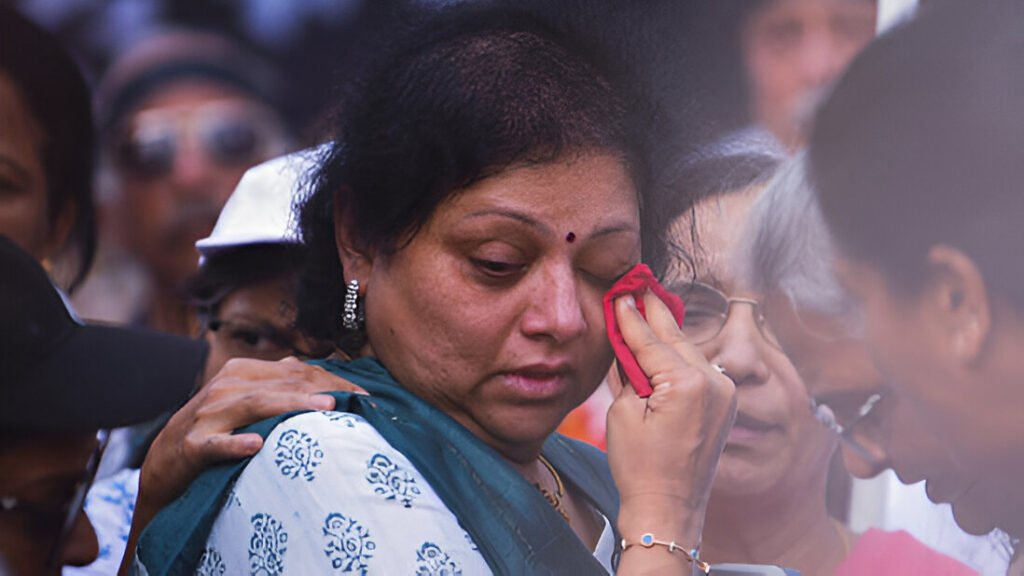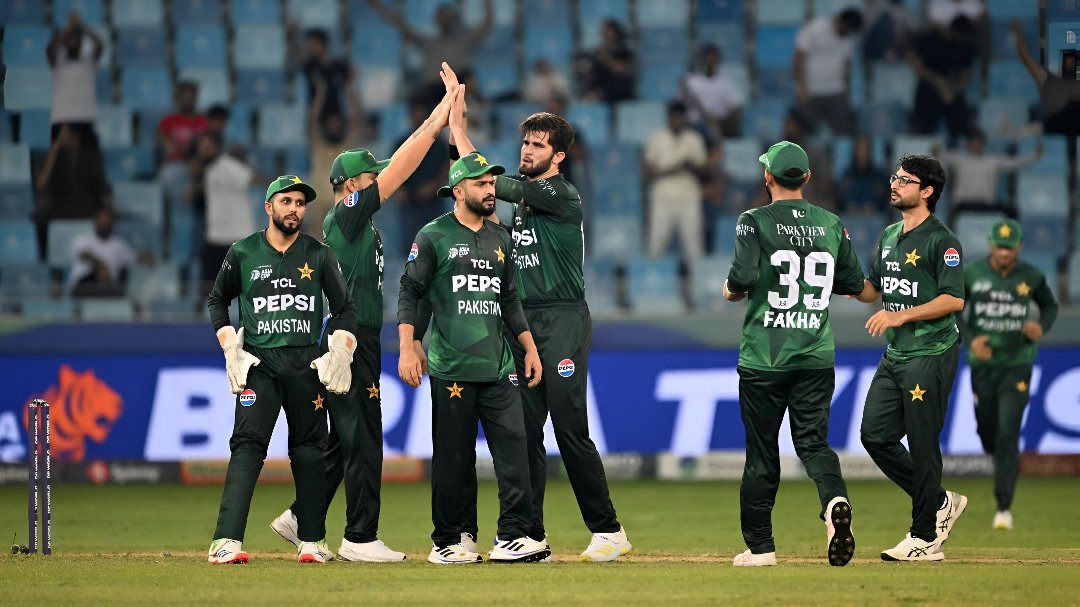
It was to be another day in the peaceful valley of Pahalgam, one of Jammu and Kashmir’s most scenic tourist spots. Renowned for its giant mountains and soothing rivers, this place is also known as heaven on earth. But on that ill-fated day, the peace of the valley was shattered by gunfire. And one name was heard more than all others—Bharat Bhushan.
Who Was Bharat Bhushan?
Bharat Bhushan was not a fighter. He was not a member of any political party. He was just a man doing his job, a diligent pony handler who lived in the area, helping tourists to taste the natural beauty of the valley. A husband. A father. An ordinary man with extraordinary bravery.
When terror reached Pahalgam, Bharat didn’t run. He was in danger, not as a soldier with guns, but as a human heart full of love for his loved ones and a natural desire to protect others.
Terror Unleashed in the Valley
Eyewitnesses describe how fear gripped both tourists and locals alike as the gunmen made their appearance. But in the midst of panic, Bharat Bhushan’s response was something no one expected. He attempted to reason with the attackers. “I have a child. Don’t shoot,” he is said to have begged them. His words were not political. They were not provocative. They were just a father’s desperate appeal to mercy.
But terrorists don’t see humanity. His appeal fell on deaf ears.
A Chivalrous Attempt to Resist
According to reports, Bharat Bhushan tried to snatch the gun from one of the assailants as well. In a moment of great courage and desperation, he fought back without a gun, with bare hands and sheer willpower. The assailants killed him from behind. A life so full of hope and responsibility was lost in a flash.
But that one action, that one act of rebellion, is what the nation will remember. Bharat did not have a uniform, but for those final few minutes, he was as much a soldier.
The Real Face of Terror
What is happening in Pahalgam is not another act of terror to be buried in headlines. It’s an awakening. It’s a reminder that terrorism need not target soldiers, that terrorism will target the heart of society, its workers, its fathers, its civilians.
Terrorism is sustained by fear. But Bharat Bhushan’s courage reminds us that there is something bigger than fear: the desire to rescue others at the cost of one’s life.

A Father, A Hero
It’s difficult to think of the agony his 3-year-old son will have to live with. That empty seat at the dinner table. That silence on birthdays. No bedtime stories. These are the true wounds that terror inflicts.
And yet, Bharat’s story must be told, not as a tragedy, but as a testament. A testament to love, to courage, and to a man who, come what may, chose to fight on for life, for loved ones, and for fellow human beings.
What Can We Learn From This?
We live in a world where the news cycle turns quickly. But tales of Bharat Bhushan must be remembered, retold, and honored. He teaches us:
- Courage does not always result from training. Sometimes, it results from love.
- Real heroes don’t usually get the spotlight. They’re there, laboring in obscurity.
- Terrorism isn’t political. It’s human nature. It impacts lives, homes, and dreams.
Time for Reflection, Not Just Reaction
It is easy to be outraged. It’s in human nature to take revenge. But Bharat Bhushan’s tale also calls for us to reflect. Why are these attacks recurring? How can citizens like us be protected better? What can we, as a nation, do to make sure that no father needs to plead for his life at the end of a gun?
These are questions we cannot avoid.
Final Words
Bharat Bhushan may not be with us today, but his legacy is in the heart of every parent, every employee, and every Indian who happens to believe in peace, not violence. His story is not how he died. It’s not how he passed away but how he lived, bravely, selflessly, with integrity.
It’s not a moment to mourn him. Let us honor him. By building a world where such acts of hate no longer have space. By calling out louder for peace, for harmony, and for humanity.







